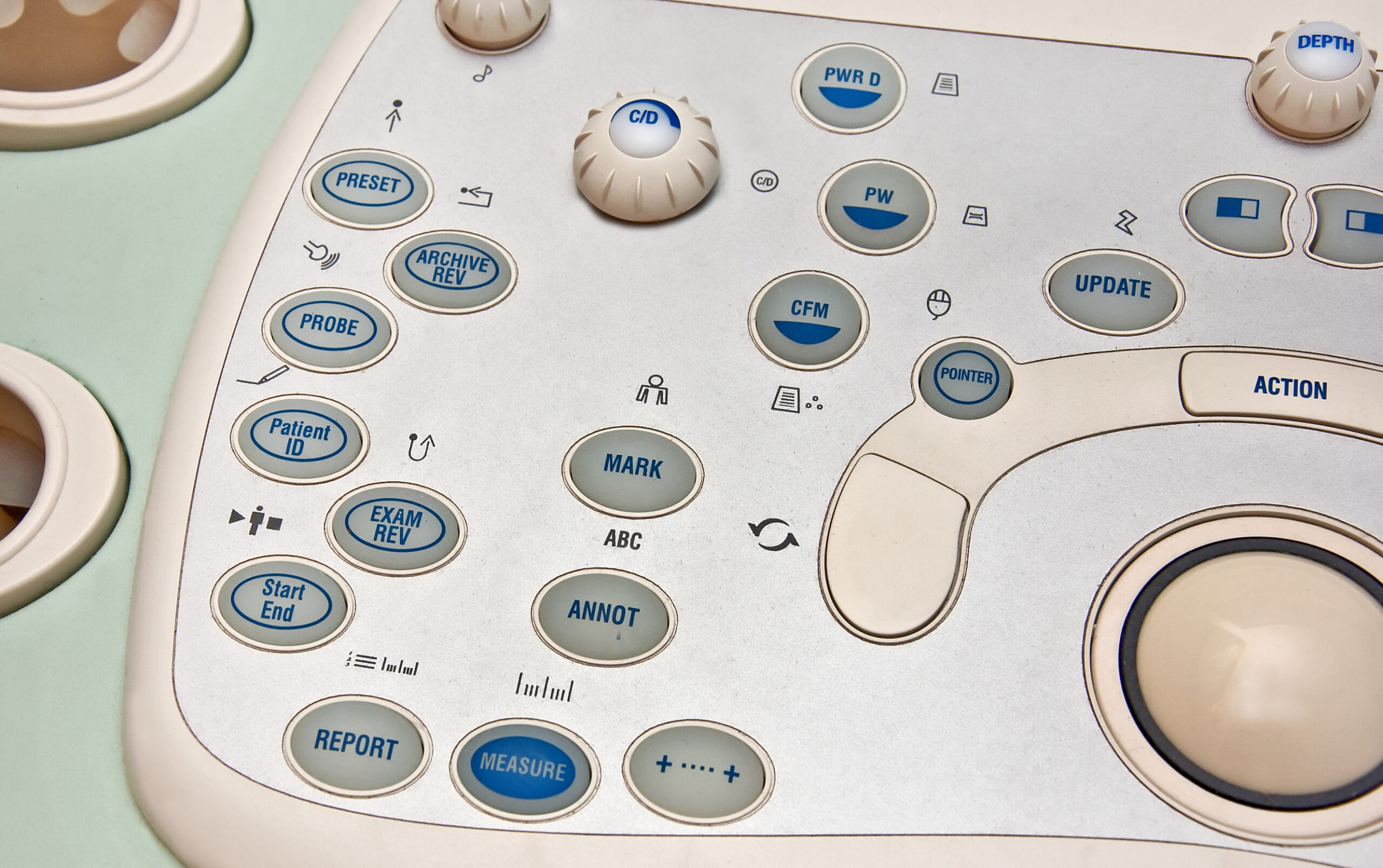A Republican legislator in Michigan has proposed legislation that would require women to go through an invasive procedure known as a transvaginal ultrasound before they could get an abortion.
The bill, which was introduced by Republican state Rep. Joel Johnson and co-sponsored by 22 other lawmakers (including two Democrats), requires the “performance of a diagnostic ultrasound examination of the fetus at least two hours before an abortion is performed.”
“The performance of a diagnostic ultrasound examination of the fetus further protects the interests of the woman seeking an abortion by assessing the viability of the fetus and confirming the approximate gestational age of the fetus, as this information is necessary in order to determine appropriate medical care for the woman seeking an abortion,” the bill says.
“This is an unnecessary and unwarranted intrusion into the health decisions of women,” a spokeswoman for Michigan’s House Democratic Leader Tim Greimel told TPM. “This is yet another example of the Republican obsession with overregulating people’s private lives.”
Elizabeth Nash, State Issues Manager of the Guttmacher Institute, told Salon that though the language in the bill is “mushy” and doesn’t specifically reference a “transvaginal” ultrasound, it will ultimately require one in most cases in which a woman is seeking an abortion. Nash pointed to the part of the bill that requires the facility to use the equipment that “is capable, in comparison to other ultrasound imaging equipment at the location, of providing the most visibly clear image of the gross anatomical development of the fetus and the most audible fetal heartbeat.”
“That to me points to using a transvaginal ultrasound,” Nash said, because the only way “for women earlier in pregnancy to provide that kind of information is through a transvaginal ultrasound. A transabdominal ultrasound doesn’t show what I think they would define as the clearest image.” For women getting abortions, Nash said, this would mean that a transvaginal ultrasound would almost always be required, since abortions typically occur in the first trimester.
Donna Crane, the policy director of NARAL Pro-Choice America, said that the Michigan bill uses “fairly standard language” that they’ve seen pop up in a total of eight states. But Crane said that it was more the principle of the law than the means by which the ultrasound is given: “We shouldn’t be forcing anybody in this country to get any medical procedure against their will.” The “transvaginal” part of the ultrasound is just an “additional insult,” she said.
Michigan is pretty conservative when it comes to abortion measures (NARAL Pro-Choice America grades it an “F”), and Gov. Rick Snyder, a Republican, has recently signed into law a slew of measures that generally increase restrictions on abortions. One omnibus bill “regulates abortion clinics as hospital operating rooms, requires doctors to screen women for coercion before providing abortions, and bans telemedicine to prescribe first-trimester medication abortions. The bill also regulates the disposal of fetal remains after abortions,” according to the Huffington Post.
Michigan’s latest bill is similar to ones introduced in Virginia and Alabama last year that were decried as “state-sponsored rape” for forcing women to undergo the transvaginal procedure before she could get an abortion. But although the word “transvaginal” was taken out of the Virginia bill after the ensuing controversy, the laws still require women to get mandatory ultrasounds before an abortion – and in most cases that effectively means a transvaginal ultrasound.
Nash, from Guttmacher, said that in the case of Virginia’s law, “although it doesn’t use the term ‘transvaginal,’ it’s very probable that in many cases a transvaginal ultrasound would be required anyway. That’s why it wasn’t a real success story.”
Crane, of NARAL, agreed that though Virginia “took out specific reference to it, they didn’t take out the factors that required” a transvaginal ultrasound before an abortion. “If they’re forcible and it’s not the doctor or the woman’s decision, we oppose it. The Virginia one got the extra attention, but I think the principle that’s important,” Crane said.

